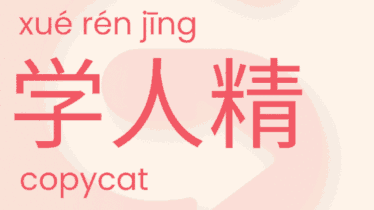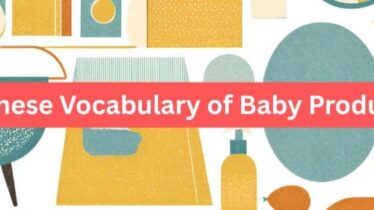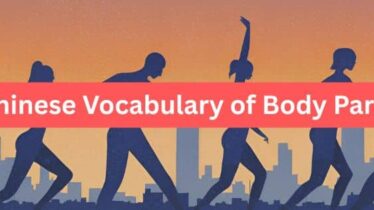The Differences Between 会, 能, and 可以
In this article, we will briefly analyze and summarize the common usages of ‘会’ (can), ‘能’ (able to), and ‘可以’ (may/allowed to).
1. Expressing Abilities with “能” and “会”
When indicating the acquisition of an ability through learning, both “能” and “会” can be used, but more often, we choose “会.” For example: He can play basketball. Mom can dance Latin. “能” mostly conveys an inherent, naturally endowed ability that doesn’t require learning, representing subjective possession. For instance: I have eyes, I can see. I have ears, I can hear. When expressing the lack of a certain ability, only “不会” (can’t) is used.
When portraying a proficiency in a particular field or being skilled at something, both “能” and “会” can also be used, often preceded by “很” (very) or “真” (really). For example: He’s really good at eating. He really knows how to eat. However, using “能” and “会” does have subtle differences in meaning. “真能吃” emphasizes eating a lot in terms of quantity. “真会吃” focuses on eating nutritionally, indicating healthy eating habits.
Nevertheless, in the following two situations, only “能” can be used, and “会” cannot be substituted:
1. Representing the attainment of a certain level, degree, or efficiency in an ability. For instance: He can swim 300 meters in one minute. He can memorize 50 Chinese characters in a day. All of these denote that the subject’s ability has reached a specific level.
2. Expressing temporary loss or recovery of an ability. For example: His hand is injured, so he can’t play basketball anymore. (Originally, he was able to play basketball, but due to the hand injury, he temporarily lost the ability to play, hence “不能”.) Another example: His foot has healed, so he can play soccer now. (He used to know how to play soccer, but because of foot problems, he has regained the ability to play soccer, hence “能”.)
2. Expressing Possibility with “能” and “会”
“Neng” (能) emphasizes the objective capability to do something, objectively having the potential. For example: The temperature is low today, water can freeze into ice. It’s still early in the day, I can finish my homework before going home. Things here are very cheap, 100 yuan can buy a lot.
“Hui” (会) focuses on subjectively informing others about a possibility or estimating a possibility, without emphasizing objective conditions. For instance: At this time next year, I will be thinking of you. As long as it’s something I like, I will buy it no matter how expensive. Trust me, I won’t deceive you.
In the sentence “You should go find him, he knows a lot of people, and he 能 help you with this favor,” we can only use “neng” (能). Knowing many people is objectively a condition and possibility. In the sentence “You should go find her, she’s very enthusiastic and 会 help you with this favor,” we can only use “hui” (会). She’s very willing to help, so subjectively it’s estimated that she will assist you.
3. Analysis of “可以”
**(1) Expressing Ability with “可以”**
When we want to convey proficiency in doing something, we can only use “能” (can) and “会” (able to), not “可以” (may/allowed to). However, if we want to indicate a certain level of ability, we can use “可以.” For example: He can type 100 characters in one minute.
**(2) Indicating Possibility with “可以”**
When asking about the possibility, “可以” can be used, usually in the form of a question. For instance: Can I borrow your dictionary?
When indicating an objective possibility, “可以” can be used. For example: The weather is hot, so swimming is possible. The bed is large, three people can sleep on it.
When indicating impossibility, “不能” (cannot) should be used. For example: I have an exam tomorrow, so I can’t accompany you for shopping tonight.
**(3) Offering Suggestions with “可以”**
When giving suggestions to others, use “可以.” For example: You can listen more, write more, and read more. He can ask his teacher for help.
Note: “不可以” (not allowed) indicates prohibition. Generally, it refers to restrictions or rules. For example: Smoking is not allowed in school. Loud noise is not allowed in the library.
In conclusion, verbs like “会,” “能,” and “可以” belong to a special category of verbs and play a crucial role in the Chinese language.
Don’t miss out on expanding your knowledge – visit our Chinese learning resource page!
Immerse yourself in an unforgettable learning experience! – Book a Trial Chinese Learning Class



